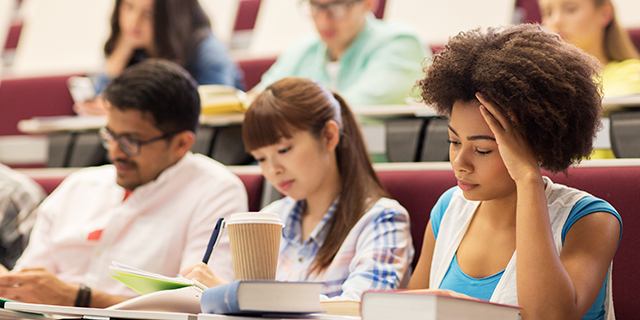Washington: International students will be forced to leave the US or transfer to another college if their schools offer classes entirely online this fall, under new guidelines issued Monday by federal immigration authorities.
The guidelines, issued by US Immigration and Customs Enforcement, provide additional pressure for universities to reopen even amid growing concerns about the recent spread of COVID-19 among young adults.
Colleges received the guidance the same day that some institutions, including Harvard University, announced that all instruction will be offered remotely.
President Donald Trump has insisted that schools and colleges return to in-person instruction as soon as possible. Soon after the guidance was released, Trump repeated on Twitter that schools must reopen this fall, adding that Democrats want to keep schools closed “for political reasons, not for health reasons.”
“They think it will help them in November. Wrong, the people get it!” Trump wrote.
Under the updated rules, international students must take at least some of their classes in person. New visas will not be issued to students at schools or programmes that are entirely online. And even at colleges offering a mix of in-person and online courses this fall, international students will be barred from taking all their classes online.
It creates an urgent dilemma for thousands of international students who became stranded in the U.S. last spring after the coronavirus forced their schools to move online.
Those attending schools that are staying online must “depart the country or take other measures, such as transferring to a school with in-person instruction,” according to the guidance.
The American Council on Education, which represents university presidents, said the guidelines are “horrifying” and will result in confusion as schools look for ways to reopen safely.
Of particular concern is a stipulation saying students won’t be exempt from the rules even if an outbreak forces their schools online during the fall term. It’s unclear what would happen if a student ended up in that scenario but faced travel restrictions from their home country, said Terry Hartle, the council’s senior vice president.
AP







































